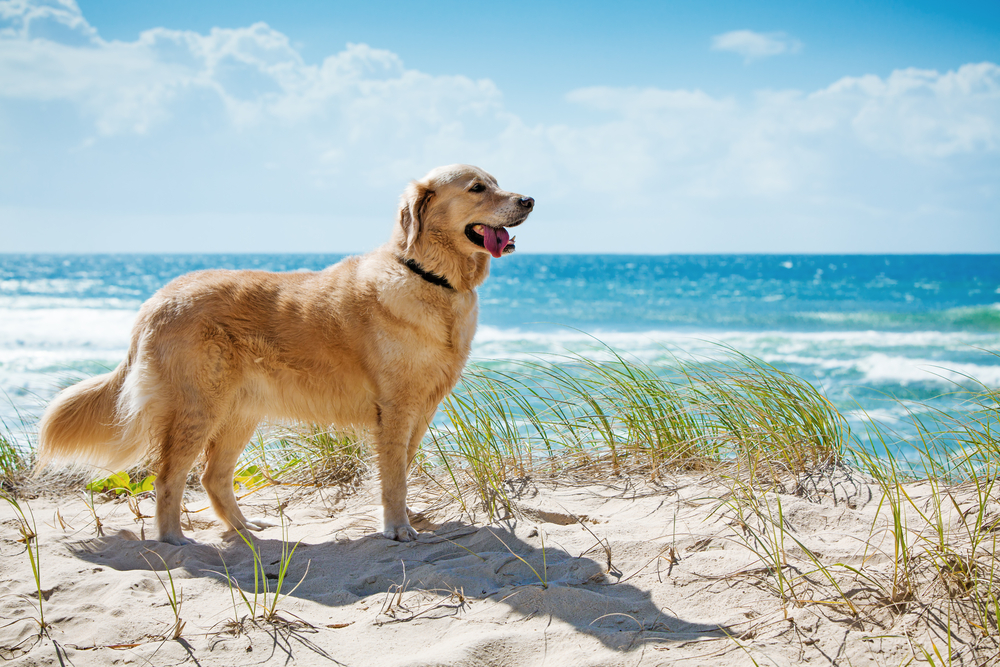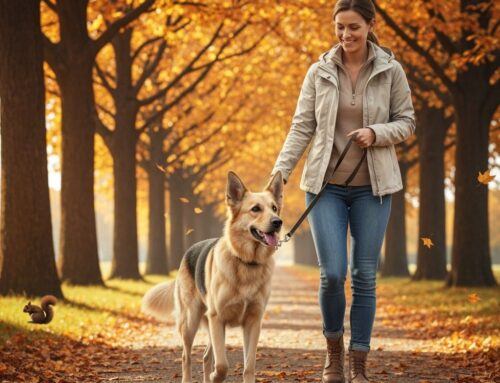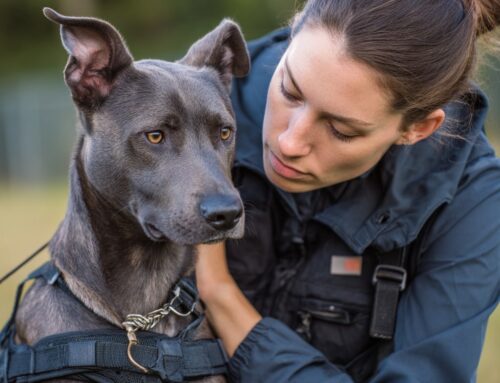Spring has sprung in San Diego! What does this mean? Well, “fun time” with our four-legged buddies: hiking, dog beach, the park, and more. Here’s what pet parents need to know as the temps rise.
Avoid The Hottest Part Of The Day
The hottest times of the day are between noon and 3:30 pm. Bearing this in mind, avoid walks and hikes during these times to help keep your pet safe. If you have a brachycephalic dog (short muzzle), such as a French Bulldog or Boston Terrier, be extra vigilant in making sure your dog does not overheat.
If you are out and about with your dog, the ground can get extremely hot, mainly if it’s asphalt, artificial turf, or sand. To avoid discomfort and potential paw pad burns, place your hand on the ground surface to determine if it’s safe enough for your dog during those warm days.
During those warm spring days leading up to hot summer days, exercise in the early mornings with your pup or early evenings. And always have fresh water on hand.
Never, Ever Leave A Dog In A Parked Car
Leaving a dog by itself in a parked car is a bad idea and should always be avoided. Even on semi-warm days, where it’s in the low 70s, the temps inside a car can rise to 100 degrees (Fahrenheit) in minutes. And leaving the windows cracked open doesn’t help matters whatsoever.
In the summertime, the interior of a parked car can easily reach 140 degrees. Dogs can fall victim to the following:
- Heatstroke
- Brain Damage
- Suffocation
- Death
Please do not leave your dog unattended in a parked car.
Dog Beach Time
Before heading to the beach, double-check that dogs are allowed. If so, be sure your dog has top-notch obedience and will come when called despite whatever distraction is going on. If you have a reactive dog (i.e., aggressive) towards other dogs, it is not advisable to bring them to the dog beach or even dog park.
If a trip to the dog beach is on your “to-do” list, be sure to have this checklist on hand:
- Bring plenty of fresh water
- A shade umbrella or small canopy
- A couple of towels
- Sunscreen (particularly for lighter colored dogs)
Consuming salt water will make your dog ill, so keep a watchful eye on this behavior. Just like ocean water isn’t good for human hair, it is the same for a dog’s coat. So, be sure to bathe them, or at the very least, rinse them off very well to flush out the minerals and salt from the seawater.
Need Dog Training Help?
Performance K9 Training has helped numerous pet parents with dog aggression and top-notch obedience programs through a comprehensive board and train. Contact us now to learn more about how we can help.








